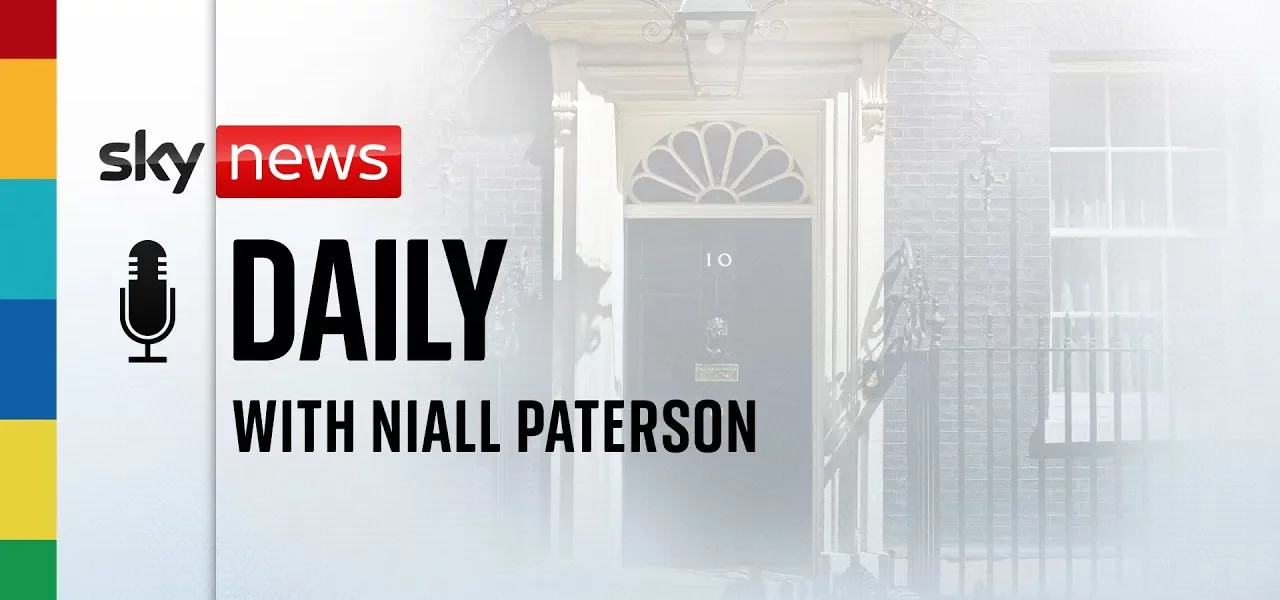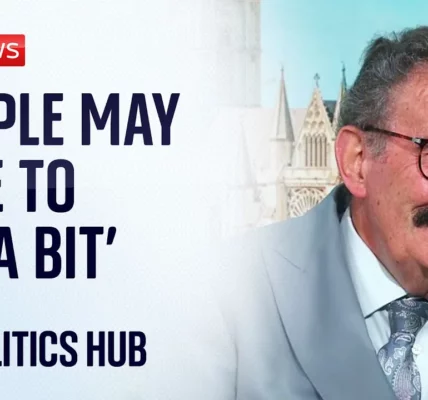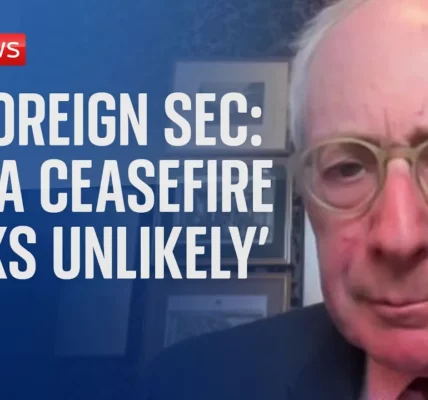Sky News Daily: Political Insights and Poll Analysis

Welcome to an engaging exploration of the latest political developments in the UK, as we delve into recent policy announcements, opinion polls, and the strategic maneuvers of leading political figures.
Introduction
The political scene in the United Kingdom is heating up as the general election approaches, with both the Conservative and Labour parties making significant policy announcements. Recent polling data suggests a potential reshaping of the political landscape, prompting discussions about party strategies and the implications for the future of UK governance. This article will provide a comprehensive overview of the current situation, exploring the implications of the latest polls and the responses from key political players.
Current State of the Polls
Recent polls have cast a long shadow over the Conservative Party, with predictions indicating a considerable lead for Labour. Our chief political correspondent, John Craig, highlights that these polls suggest Keir Starmer could potentially secure a majority of 194 seats, surpassing Tony Blair’s historic 179-seat majority in 1997. This startling forecast has raised concerns among Conservative leaders, particularly Rishi Sunak.
Implications for the Conservative Party
The predicted Tory wipeout in various regions, combined with a surge in support for the Liberal Democrats and a decline for the Scottish National Party, sets the stage for a challenging election cycle for the Conservatives. Key figures within the party, such as Jeremy Hunt and Grant Shapps, are now viewed as vulnerable in their respective constituencies.
Polling Dynamics and Historical Context
John Craig emphasizes that while these polls provide a snapshot, they are not definitive predictors of election outcomes. Historical trends indicate that governing parties often gain ground as elections approach. The current campaign has seen limited shifts in polling data, raising questions about the effectiveness of Conservative strategies.
Voter Sentiment and Potential Shifts
- Current Conservative policies have not closed the polling gap.
- Voter fatigue with the Conservative government could drive turnout for Labour.
- The potential for last-minute shifts in voter sentiment as election day nears.
Key Issues and Policy Announcements
Both parties are strategically positioning themselves on key issues ranging from culture wars to defense policies. The Conservative focus has shifted towards contentious topics such as amendments to the Equality Act, while Labour has emphasized a robust defense policy in response to global crises.
Conservative Party’s Focus on Culture Wars
Recent announcements from the Conservative government aim to address what they term as ‘culture wars.’ This includes proposed changes to the Equality Act, originally enacted under Gordon Brown’s administration, to clarify definitions surrounding gender and sex.
Labour’s Defense Strategy
In contrast, Labour leader Keir Starmer has articulated a vision for a new era of security, committing to maintaining the nuclear deterrent and increasing defense spending to 2.5% of GDP. This marks a significant departure from the party’s previous stance under Jeremy Corbyn.
Voter Priorities and Party Strategies
The public remains primarily concerned with issues such as the economy, healthcare, and immigration. Both parties must navigate these priorities while attempting to sway undecided voters. Key strategies include:
- Conservatives focusing on appealing to their traditional base.
- Labour attempting to attract former Conservative voters by demonstrating a commitment to security and economic stability.
- Managing internal party dynamics to present a united front to the electorate.
Nigel Farage and Reform UK
The unexpected announcement by Nigel Farage to run as a candidate again has added another layer of complexity to the campaign. His return could potentially siphon votes from both Conservative and Labour parties, revitalizing the Reform UK party’s visibility and appeal.
Impact of Farage’s Candidacy
Farage’s candidacy is anticipated to draw six additional points for Reform UK, according to recent polling. As a polarizing figure, he resonates with voters who feel disenfranchised by mainstream politics.
Strategic Responses from Main Parties
Both Labour and the Conservatives must now contend with the implications of Farage’s return to the political arena. The potential for vote-splitting could alter the dynamics of key constituencies, forcing both parties to refine their messaging and campaign strategies.
Conclusion
The political landscape in the UK is poised for significant changes as both major parties navigate challenges and opportunities presented by recent polling data and policy announcements. With the election approaching, it is crucial for voters to remain informed and engaged. The stakes are high, and the next few weeks will be pivotal in determining the future direction of the country. Stay tuned for further updates and analyses as we continue to cover this evolving story.
For more insights on UK politics, check out our articles on related political developments and election strategies.
“`




